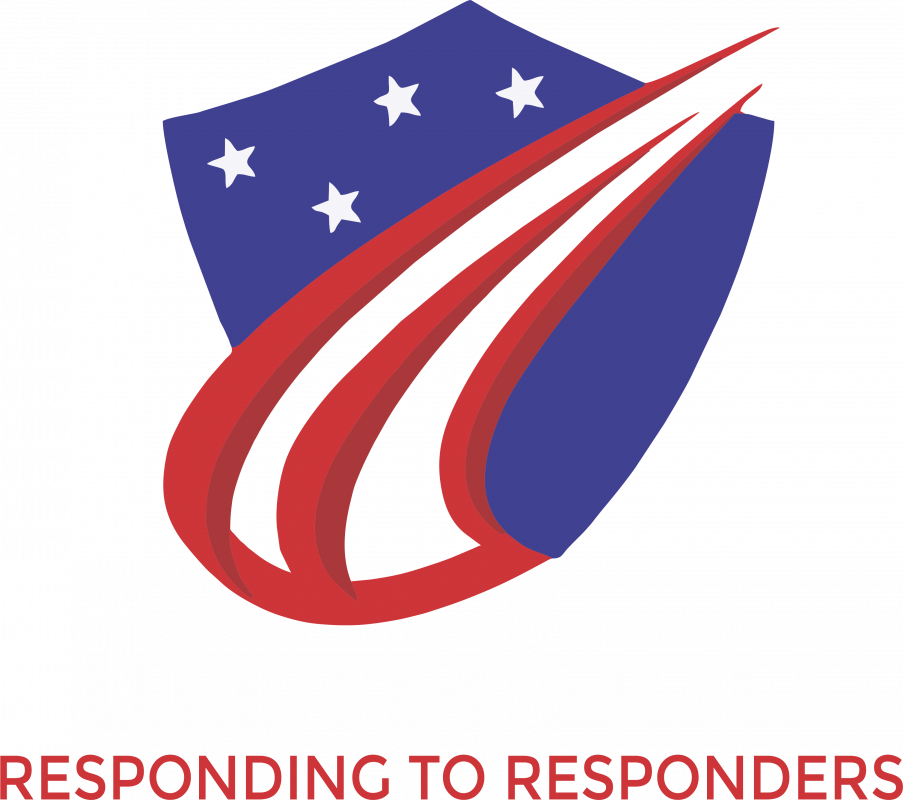Being the spouse, child, or parent of a first responder means living a life of pride, sacrifice, and resilience. While first responders dedicate their lives to protecting and serving others, the unseen battles they face can take a toll on their mental health. This, in turn, deeply affects their families, creating a ripple effect that touches every aspect of home life.
The Weight of the Job Comes Home
First responders regularly witness traumatic events that most people never experience in a lifetime. The stress, long hours, and emotional burden don’t simply disappear when they walk through the front door. Many struggle with post-traumatic stress disorder (PTSD), depression, anxiety, and burnout, which can lead to emotional detachment, mood swings, or even substance abuse as a coping mechanism.
For spouses, this can mean feeling emotionally distant from the person they married. Conversations may become strained, and the once carefree moments of laughter and connection may be replaced with silence or tension. The unpredictability of a first responder’s emotions can make it challenging to maintain a healthy relationship.
The Impact on Children
Children of first responders often grow up with a deep sense of admiration for their parent’s heroic work. However, they may also feel the weight of the stress their parent carries. A first responder’s mental health can influence their parenting style—some may become overprotective, while others may emotionally withdraw. Children may struggle to understand why their parent seems sad, irritable, or uninterested in family activities.
In some cases, children may develop anxiety about their parent’s safety. Every time their mom or dad leaves for a shift, they may worry about whether they’ll come home safe. This fear can manifest in difficulty sleeping, trouble concentrating in school, or emotional outbursts.
The Hidden Struggles of First Responder Spouses
Spouses of first responders often carry a unique burden of their own. They may feel isolated, as friends and family who don’t understand the lifestyle struggle to relate. The responsibility of managing the household, supporting their spouse through mental health challenges, and maintaining stability for the children can be overwhelming.
Moreover, many spouses may feel helpless in their efforts to support their partner. Encouraging them to seek help can be met with resistance due to the stigma surrounding mental health in the first responder community. It’s a delicate balance between providing unwavering support and ensuring one’s own mental well-being isn’t neglected in the process.
Strengthening the Family Unit
While the effects of a first responder’s mental health on their family can be profound, there are ways to foster resilience and healing within the household:
- Encourage Open Communication: Families should create a safe space for honest conversations about emotions, fears, and struggles. Talking openly can help alleviate some of the burdens and strengthen relationships.
- Prioritize Mental Health Care: Seeking therapy, peer support groups, or counseling can make a significant difference. Many departments and organizations offer programs tailored specifically for first responders and their families.
- Establish Routines and Quality Time: Having family rituals, such as regular dinners, game nights, or weekend outings, helps maintain a sense of normalcy and connection.
- Educate the Family on Mental Health: Understanding PTSD, depression, and stress-related symptoms can help family members recognize warning signs early and offer appropriate support.
- Build a Support Network: Connecting with other first responder families can provide a sense of community and validation. Knowing that others face similar challenges can ease feelings of isolation.
A Call for Awareness and Change
The mental health of first responders isn’t just an individual issue—it’s a family issue. When a first responder struggles, their loved ones feel the impact just as deeply. By fostering awareness, encouraging open discussions, and prioritizing mental health resources, we can ensure that these heroes and their families receive the support they deserve.
First responders give so much to their communities—it’s time we make sure they and their families aren’t left to face these challenges alone.
